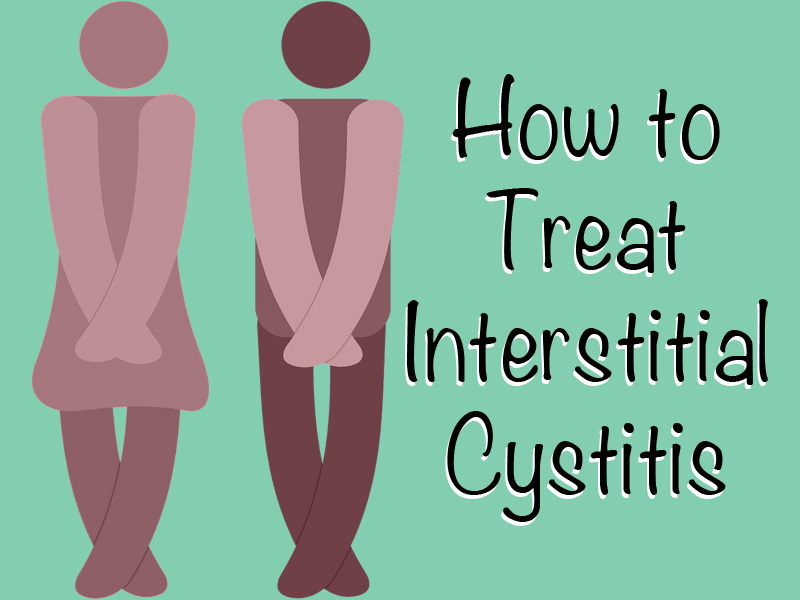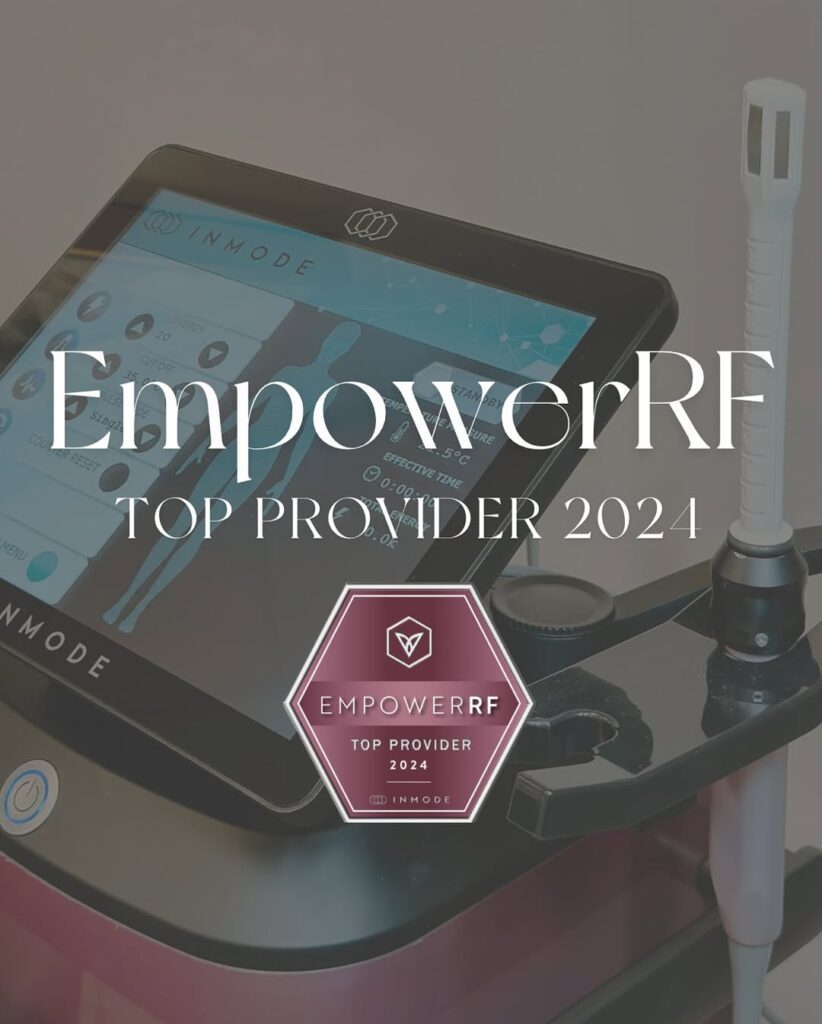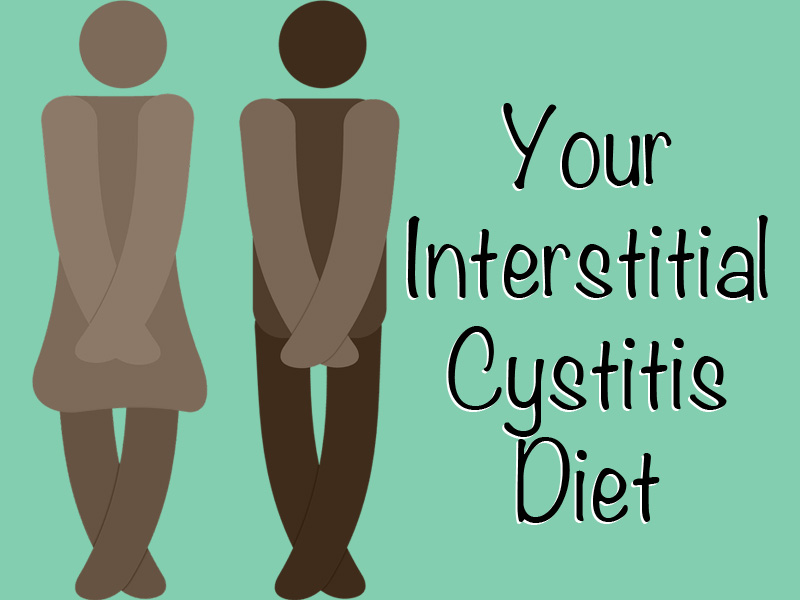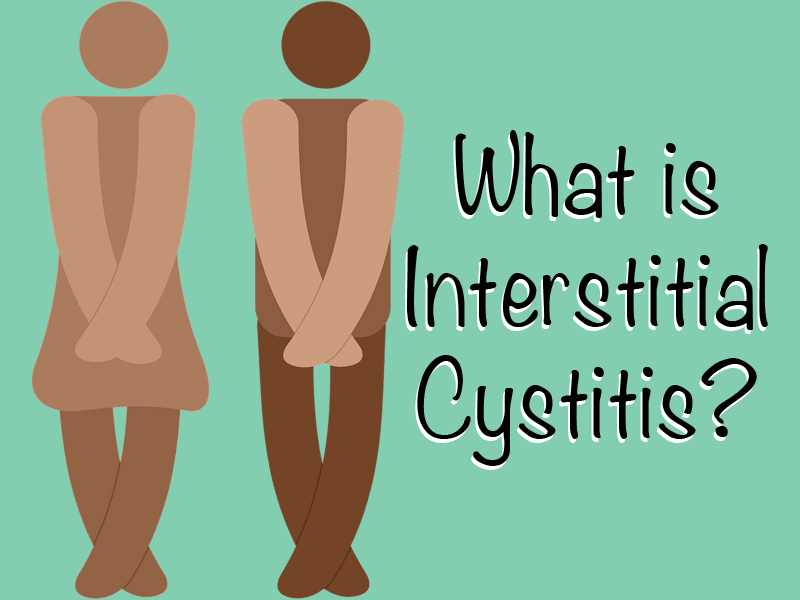Last week we covered everything you need to know about interstitial cystitis (IC): what it is, what causes it, and how it’s diagnosed. Leaving off there can feel a little overwhelming. After all, there’s no cure for IC. And if you haven’t taken steps to treat interstitial cystitis yet, you may be feeling like your life will never be fun, or even manageable, again.
Never fear! It is possible to treat interstitial cystitis. There are several treatment options that can really help minimize and even prevent IC flare-ups.
It all starts with you.
After you’ve taken the necessary steps to get an IC diagnosis, you now have the information you need to get IC treatment and relief.
Information You Need to Tell Your Doctor
When you go to the doctor to talk about how to treat interstitial cystitis, make sure you’re prepared with the information that will be most helpful to them.
1 Make a list of medications, vitamins, or other supplements you take.
Many over-the-counter supplements and medications can irritate the urinary tract. You can take the bottles with you to make it easier for the nurse to see the prescription information or make notes on doses and how often you take the medication or supplements.
2 Ask a family member or trusted friend to go with you.
Early on in a diagnosis, the amount of information that your doctor or nurse will share with you can be overwhelming. Not only that, but you may be feeling emotional or having a hard time concentrating. This is not uncommon. A friend or family member can sometimes hear things more clearly or remember things better.
3 Bring something that you can use for note-taking, like a notepad or an electronic device.
This will help you keep track of important information that may not be remembered otherwise.
4 Make a list of questions to ask.
List the most important ones first, so you don’t have to worry about time running out before you get to them. Here’s a starter list of questions that you could ask your provider about IC.
- Will the symptoms eventually go away?
- Will I need more tests?
- Does diet help with my symptoms?
- Could the medicines or supplements I take be aggravating my condition?
- What medications could help ease my symptoms?
- Will I need surgery?
Do not hesitate to ask your provider to repeat information, to ask follow-up questions, or to ask them to explain something in a different way.
Home Remedies to Treat Interstitial Cystitis
Your provider may call these first-line treatments for interstitial cystitis. For many people, IC may go away by itself or positively respond to home remedies or lifestyle changes.
Treatment is about symptom control. It requires trial and error to find the right combination of treatments. You may have to be patient, as it can take weeks or months to calm the symptoms.
Five lifestyle changes that can relieve or treat IC
- Retrain your bladder. You can retrain your bladder to hold more urine. When you feel the need to pee, try to wait for 15 minutes before you go. Hopefully, the amount of time between urges will get longer and longer.
- Reduce stress or find better ways to handle stress. Take 5 minutes a day to do something for yourself. This might be to stretch, read a book, talk to a friend, play, or meditate. If you’re the kind of person who jumps at every minor stressor, it may be time to enlist some professional help.
- Wear loose clothing. This may seem obvious, but it’s true. Tight clothing puts pressure on your bladder, which you don’t need right now.
- Practice low-impact exercise like walking, swimming, or stretching.
- Quit smoking.
Your diet can significantly affect your IC symptoms, so avoid food and beverage triggers like the “four Cs”: carbonated beverages, caffeine in all forms (including chocolate), citrus products, and food containing high concentrations of vitamin C.
Other foods and beverages that can trigger IC are
- Tomatoes
- Alcohol
- Spicy foods
- Artificial sweeteners
Keeping a food and symptom journal can be very helpful in learning which foods and drinks trigger your cystitis. Your doctor can also help you with an elimination diet to figure out what’s affecting your bladder.
If home remedies and lifestyle changes aren’t enough to diminish your symptoms, then it may be time to take it up a notch.
Second-Line Treatments for Interstitial Cystitis
Your provider will call these options “second line treatments.” Think of them as your second line of defense against IC symptoms.
- Physical therapy techniques can relax your pelvic muscles.
- Amitriptyline is widely used for interstitial cystitis because it works wonders in controlling bladder spasms.
- Pentosan (Elmiron) may help rebuild your bladder tissue lining and can take a few months to bring relief.
- Hydroxyzine is a prescription antihistamine that can be helpful if you have to pee a lot at night.
- Dimethyl sulfoxide (DMSO) can be placed in your bladder with a catheter. Studies are still in progress, but researchers believe that it fights inflammation and blocks pain. This is not a go-to for most providers. That’s because it may temporarily worsen symptoms and also requires multiple doctor visits.
Hopefully, by now, you’re feeling better, if not great! However, if none of these treatments has provided you with enough relief, your provider will up the bar again.
Third-Line Ways to Treat Interstitial Cystitis
If you aren’t already seeing a urologist who specializes in bladder problems, your doctor will likely refer you to one at this point. Your urologist will check out your bladder with cystoscopy. Depending on what they find, the urologist may suggest
- Bladder stretching
- Steroids
- Neurostimulation
- Botox injections in your bladder muscle.
If none of the above have helped and your quality of life is suffering, there are two final treatment options.
1 Cyclosporine. A drug that suppresses your immune system.
2 Surgery. When nothing else works, you can have a rarely performed operation that diverts your urine away from your bladder.
The Long-Term Outlook for Treating Interstitial Cystitis
Even if none of these treatments works for you, the long-term outlook doesn’t have to be bad. Working with a doctor who specializes in pain management can relieve your pain. And other approaches like acupuncture may keep symptoms under control.
Also, keep in mind that this type of long-term condition can take a toll. And since it has to do with a urinary problem, you may find it difficult to talk about it with friends and family.
A supportive healthcare provider who understands your condition and is concerned about your quality of life is crucial in managing IC over the short and long term. You could also benefit from joining an IC support group that can provide sympathetic listening and valuable information.
We’re here for you. Contact us for a consultation today!




